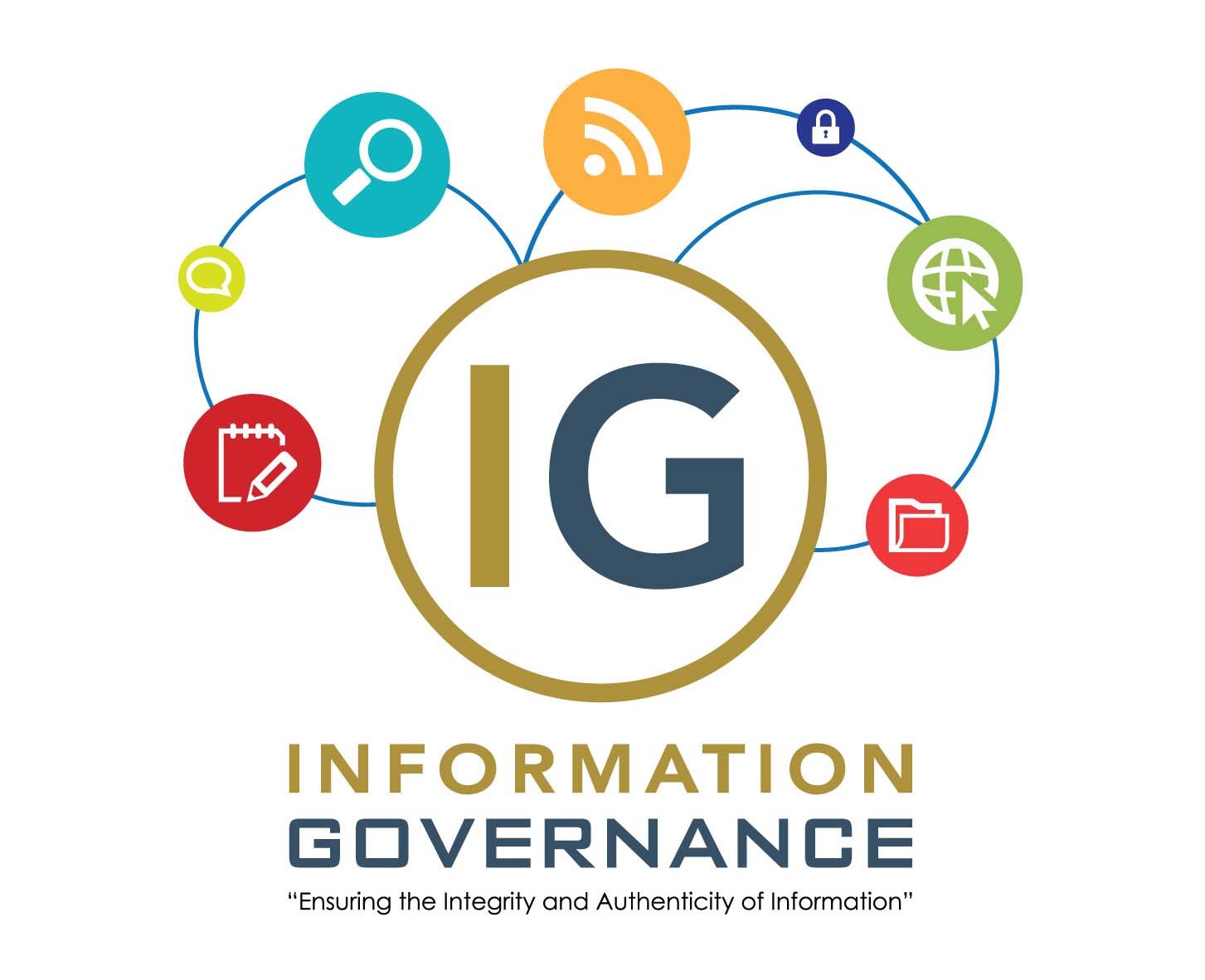Information Governance Lab

About
Information governance (IG) is a holistic approach to managing information at organizational level in support of and comply with regulatory, legal risk, environmental and operational requirements. It implements policies, procedures, processes, roles, control, standards, metrics, technology and people where appropriate to treat information as a valuable business asset. The discipline encompasses more than conventional records and information management (RIM) when it incorporates information privacy; security and protection; risk and compliance; audit, e-discovery; creation, preservation and deletion of information; analytics; big data; IT management; business operations; and business intelligence. The current area of interests in this Lab are Long Term Digital Preservation; Content Management; ICT Governance; Data Governance; Information Security; Data Privacy; Risks Management; Legal Compliance; Litigation Readiness; and Records Management. This lab explores new policy and framework outlining acceptable behavior for managing, organizing, and sharing of information.
Members
| Head of Lab |
Assoc.Prof.Dr. Mohamad Shanudin Zakaria |
| Members |
Dr. Umi Asma' Mokhtar |
Dr. Ahmad Tarmizi Abdul Ghani |
Research Focus
Table 1: Research Aims
Research Areas |
Definition |
Aims |
Information Management, Information Management System, Records Management |
Information management (IM)/IM System environments are comprised of legacy information resident in line of business applications, Enterprise Content Management (ECM), Electronic Records Management (ERM), Business Process Management (BPM), Taxonomy and Metadata, Knowledge Management (KM), Web Content Management (WCM), Document Management (DM) and Social Media Governance technology solutions and best practices. Records management (RM) is the supervision and administration of digital or paper records, regardless of format. RM activities include the creation, receipt, maintenance, use and disposal of records. In this context, a record is content that documents a business transaction. The goal of RM is to help an organization keep the necessary documentation accessible for both business operations and compliance audits. |
This outcome of this research aims to propose a framework/model that leads to change in the way people use information and records to engage in knowledge focussed activities. The framework/model shall:
|
Information Governance, Policy & Ethics: Long Term Digital Preservation; Content Management; ICT Governance. |
information governance (IG) is a strategic approach to maximizing the value while mitigating the risks associated with creating, using, and sharing enterprise information. |
This research aims to define the specification of decision rights and an accountability framework:
|
Information Security, Data Privacy; Risks Management. |
Information security refers to the processes and methodologies which are designed and implemented to protect print, electronic, or any other form of confidential, private and sensitive information or data from unauthorized access, use, misuse, disclosure, destruction, modification, or disruption. |
This study aims to effectively resolve information related issues and create processes to prevent future occurrence of issues related in security. The outcome will be in a form of framework/model of policies, process, or strategies to protect information from wrong party. The outcome must include:
|
Related Publisher
Table 2: Related Publisher (April 2020)
Rank |
Specific |
Q1 |
|
Q2 |
|
Q3 |
|
Q4 |
|
Scopus/ESCI |
|
MyCite |
General computing |
Subjects Offered
Table 3: Subjects offered
Level |
Subject |
Postgraduate Subjects |
1. TTTTP6014 Information Policy and Ethics |
Undergraduate Subjects |
TTTT3013 Computer Ethics and Social |
